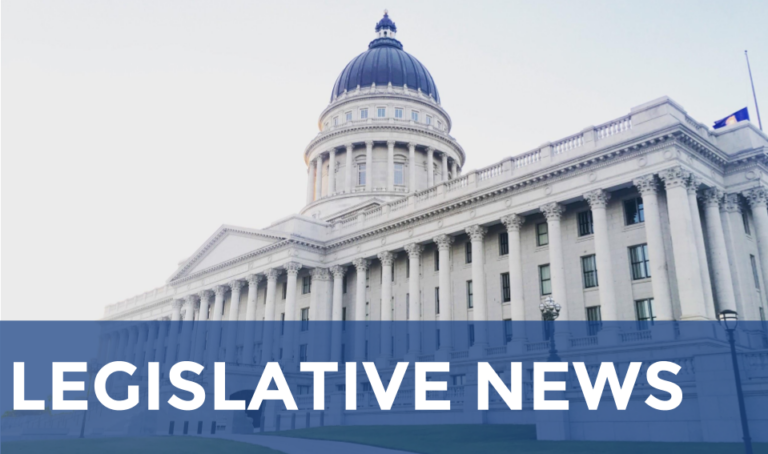U.S. DEPARTMENT OF LABOR ISSUES FINAL OVERTIME RULE
WASHINGTON, DC – Today the U.S. Department of Labor announced a final rule to make 1.3 million American workers eligible for overtime pay under the Fair Labor Standards Act (FLSA).
“For the first time in over 15 years, America’s workers will have an update to overtime regulations that will put overtime pay into the pockets of more than a million working Americans,” Acting U.S. Secretary of Labor Patrick Pizzella said. “This rule brings a commonsense approach that offers consistency and certainty for employers as well as clarity and prosperity for American workers.”
“Today’s rule is a thoughtful product informed by public comment, listening sessions, and long-standing calculations,” Wage and Hour Division Administrator Cheryl Stanton remarked. “The Wage and Hour Division now turns to help employers comply and ensure that workers will be receiving their overtime pay.”
The final rule updates the earnings thresholds necessary to exempt executive, administrative, or professional employees from the FLSA’s minimum wage and overtime pay requirements, and allows employers to count a portion of certain bonuses (and commissions) towards meeting the salary level. The new thresholds account for growth in employee earnings since the currently enforced thresholds were set in 2004. In the final rule, the Department is:
- raising the “standard salary level” from the currently enforced level of $455 to $684 per week (equivalent to $35,568 per year for a full-year worker);
- raising the total annual compensation level for “highly compensated employees (HCE)” from the currently-enforced level of $100,000 to $107,432 per year;
- allowing employers to use nondiscretionary bonuses and incentive payments (including commissions) that are paid at least annually to satisfy up to 10 percent of the standard salary level, in recognition of evolving pay practices; and
- revising the special salary levels for workers in U.S. territories and in the motion picture industry.
The final rule will be effective on January 1, 2020.






